Building The Future We Want Rather Than Fighting The Government We Don't Want. Open Government Challenge
Simple lesson in personal and collective power
Dear readers,
It’s us here at Interest of Justice.
Are you sick of the governments of Earth being out of control? Do you want to help rein them in?
Today we are sharing the Open Government Challenge that we are currently taking part in with the judiciary of Costa Rica (we are helping them clean up their act and inviting you all to join in your own country in one of the initiatives - except the climate one because there is a climate scam)!
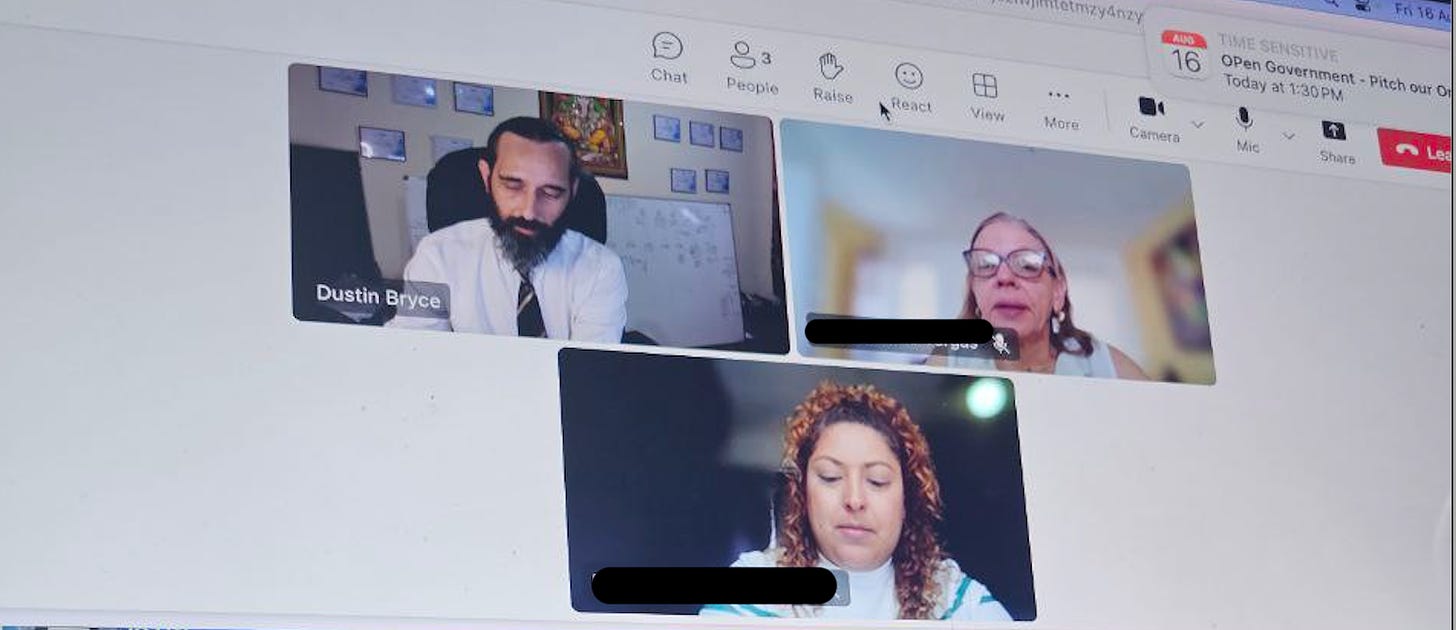
We are pleased to announce IOJ just met and “consulted” with the judiciary on Friday, August 16, 2024 and they have officially accepted our organization as a partner in this initiative.
Some of the topics proposed:
Civil Society Oversight
Role of Civil Society:
Civil society organizations play a crucial role in ensuring that the justice system remains transparent and accountable. They provide diverse perspectives and help identify potential conflicts of interest.
Ensuring Science Integrity
Open Science and Research Integrity:
Open science practices promote transparency and accountability in research, which is essential for maintaining trust in scientific advice provided to the judiciary.
Responsible research practices ensure that scientific evidence used in legal contexts is reliable and unbiased.
NO EXCUSES: If IOJ can talk the judiciary into working with us, and we are not mainstream at all, you can certainly convince any executive, Legislative or Judicial branch to work with you to reclaim your own governments!
Whats Open Government? Well, it’s a program for government commitments that so far 75 countries have signed onto. They ask countries to submit programs and right now only 10 are open. The rest is up to us all to create!
Open government works on 3 pillars:
co-creation
consultation
validation
IOJ is not a big fan of the UN and it’s pretty clear the program is heavily involved with UN and UN concepts of a climate emergency and twisting the meaning of gender inclusion. However, if you think about it, it’s not a UN program, it was created by civil society and is to benefit Citizens and countries, not UN, so let’s make our own open government type programs and pitch them, or just join some of the following programs that are already open to participate.
Look, if we fail to act upon our governments, its obvious that the governments will act upon us, and that we might not like it. Reclaim your power and put your ideas to use for your government and fellow Citizens!
Is your country on the list? If yes, they already committed to working with civil society in open government. If no, you can ask your country to sign onto the OGP Open Government Program and commit to more inclusivity and participation.
National Members
A
Non-Voting Members
Affiliates and OGP members that are not universally recognized, as determined by UN membership, are not eligible to run for the OGP Steering Committee or vote in the selection of its members. Participation in OGP does not constitute support and/or recognition of a State’s international status, nor shall it affect the individual position of any OGP participant in this regard. (Learn more)
Parliaments in OGP
For information on how parliaments can engage with OGP, please visit Parliaments in OGP to learn more.
Local Members
Local governments are closest to their citizens, resulting in innovative and ambitious open government reforms. Whether a state, prefecture or municipality, local government is in charge of delivering essential public services.
That’s why OGP Local was launched in 2016, building partnerships between local governments and civil society organizations to make governments more open, inclusive, participatory and accountable to their citizens.
Take the Challenge
Submit standalone commitments or nominate commitments in new and current action plans to the Challenge.
Open Gov Guide
Discover model reforms, examples from across the Partnership, stories, and guidance on Challenge topics.
Frequently Asked Questions
Need more clarification? Dive into the Challenge FAQs!
The OGP Steering Committee is calling on the open government community to channel their ideas and energy into lasting policy change to tackle current and future challenges in policy areas including:
Access to Information
Anti-Corruption
Civic Space
Climate and Environment
Digital Governance
Fiscal Openness
Gender and Inclusion
Justice
Media Freedom
Public Participation
Join hundreds of reformers around the world – in government and civil society – who are working to make their communities stronger, more open, participatory, inclusive, and accountable. Let us meet the moment and take on the Open Gov Challenge!
Submitted Commitments
Explore actions, reforms, and commitments submitted to address the 10 policy areas of the Open Gov Challenge.
Take the Challenge
Submit standalone commitments or nominate commitments in new and current action plans to the Challenge.
Open Gov Guide
Discover model reforms, examples from across the Partnership, stories, and guidance on Challenge topics.
Frequently Asked Questions
Need more clarification? Dive into the Challenge FAQs!
The OGP Steering Committee is calling on the open government community to channel their ideas and energy into lasting policy change to tackle current and future challenges in policy areas including:
Access to Information
Anti-Corruption
Civic Space
Climate and Environment
Digital Governance
Fiscal Openness
Gender and Inclusion
Justice
Media Freedom
Public Participation
Join hundreds of reformers around the world – in government and civil society – who are working to make their communities stronger, more open, participatory, inclusive, and accountable.
Let us meet the moment and take on the Open Gov Challenge!
Submitted Commitments
Explore actions, reforms, and commitments submitted to address the 10 policy areas of the Open Gov Challenge.
Malawi
Open Contracting and Beneficial Ownership Transparency
Malawi has begun work to strengthen its legal frameworks on public procurement and beneficial ownership. For example, the government has mandated the collection and publication of beneficial ownership data, passed regulations to implement this change, and launched a beneficial ownership register. The commitment also aims to require the use of beneficial ownership data in the public contracting process and transition to an online procurement system to prevent abuse.
This commitment connects beneficial ownership data with public procurement data for the first time in Malawi and makes such contracts available to the public, which would allow members of the public to see who is earning money from government contracts.
Challenge Theme: Anti-Corruption
Chile
Open Justice for an Open State
Chile committed to improving access to justice through civic participation initiatives, such as by increasing youth engagement and using plain language to communicate legal information. Key activities include piloting a participatory, conflict resolution program using judicial facilitators and creating multi-stakeholder “Regional Open Justice Units” to evaluate local perceptions of criminal justice and measure the public’s knowledge of how the system works.
The initiative seeks to transform perceptions of justice in Chile by fostering a multi-stakeholder strategy to enhance greater collaboration, transparency, and public understanding at the local level, ensuring a system that is both accessible and trustworthy.
Challenge Theme: Justice
Ukraine
Implement a Whole-of-Government Anti-Corruption Strategy
The government committed to implementing the new strategy in 15 priority areas, such as the lack of effective verification for beneficial ownership information. A key element will be monitoring the progress of implementation through a public platform.
This commitment can ensure that implementation of the whole-of-government anti-corruption strategy is done transparently, enabling public oversight and feedback on its progress.
Challenge Theme: Anti-Corruption
Learn more about this commitment here.
Brazil
Open Contracting for Federal Infrastructure Projects
The government committed to improving open contracting policies for infrastructure projects and increasing public engagement on project planning, implementation, and evaluation, such as by creating a permanent space for dialogue. The commitment will focus on increasing data interoperability and integration in the public procurement portal and disclosing information on all federal infrastructure projects.
This commitment has the potential to increase public engagement in public infrastructure contracts throughout the entire project cycle. It also uses a whole-of-government approach by coordinating reform with key sectoral ministries through the Comptroller’s Office.
Challenge Theme: Anti-Corruption
Colombia
Open, Accessible, and Inclusive Court Rulings
The government committed to increasing the public’s understanding of the Constitutional Court’s work, with a focus on youth and various Afro-Colombian and indigenous communities. This includes consulting the public on which judicial decisions to translate to plain language, publishing children’s books on their constitutional rights, translating court decisions on ethnic group protections into native languages, and publishing court rulings online for public scrutiny.
This commitment uses open justice approaches to increase understanding of what the Constitutional Court does, especially among vulnerable groups, and to encourage the use of data related to the court’s rulings.
Challenge Theme: Justice
Costa Rica
Reduce the Backlog of Court Cases
The government committed to reducing the backlog by publishing all court case data on its centralized Continuous Improvement Model platform, which will allow the public to monitor progress.
By opening case backlog data, this commitment can increase the public’s understanding of the judicial system and allow them to monitor progress, which are key elements to advancing open justice.
Challenge Theme: Justice
Learn more about this commitment here.
Finland
Strengthen National Dialogues
The government committed to increasing participation in national dialogues and simplifying the results to better shape public policy-making.
This commitment has the potential to expand this form of participation across a diverse set of government institutions.
Challenge Theme: Public Participation
Learn more about this commitment here.
Dominican Republic
National Strategy for Civic Space
The government committed to creating a national strategy for civic space to guarantee the rights to assembly, association, and expression.
This commitment has the potential to create an enabling environment for civil society and civic action.
Challenge Theme: Civic Space
Learn more about this commitment here.





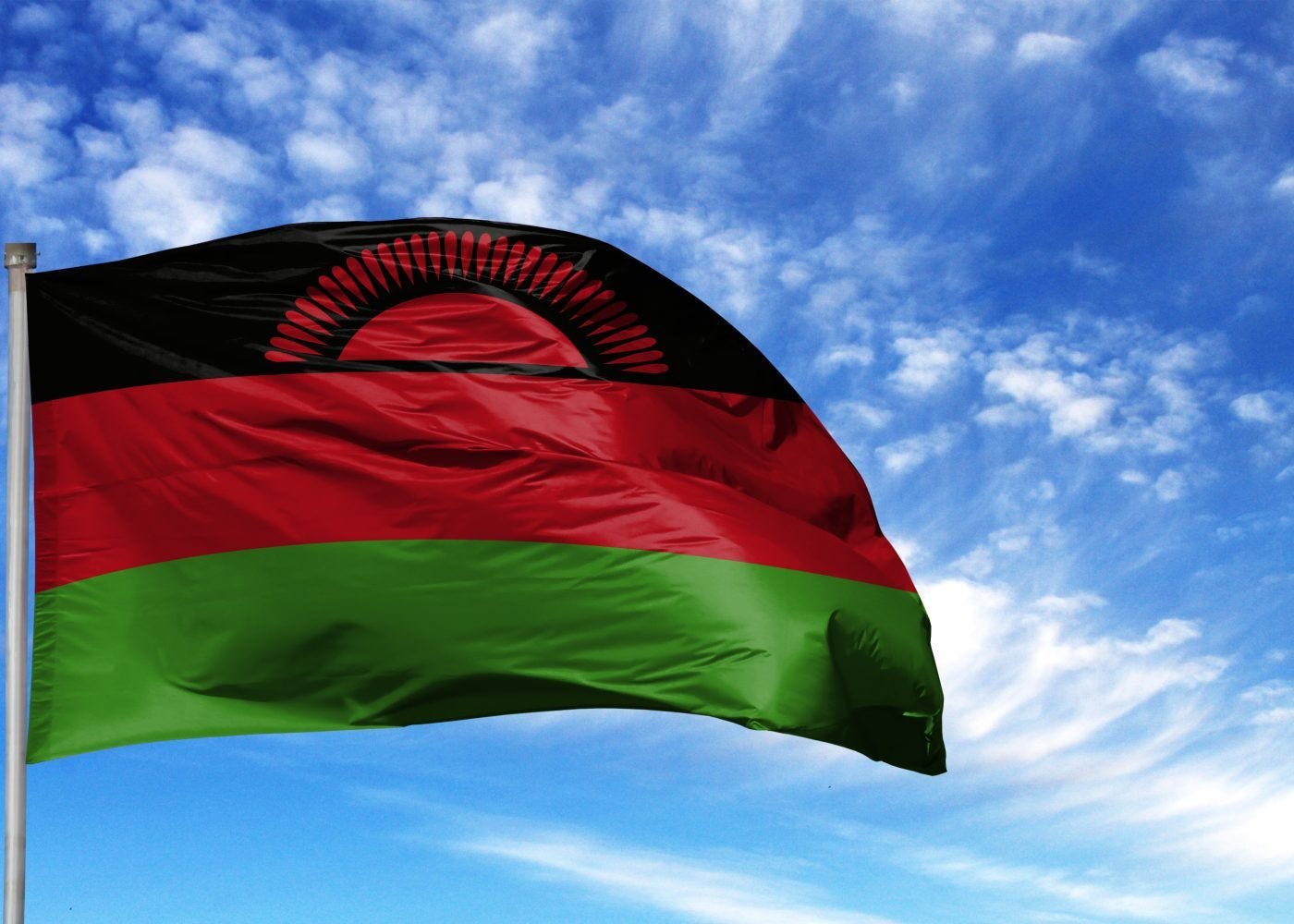
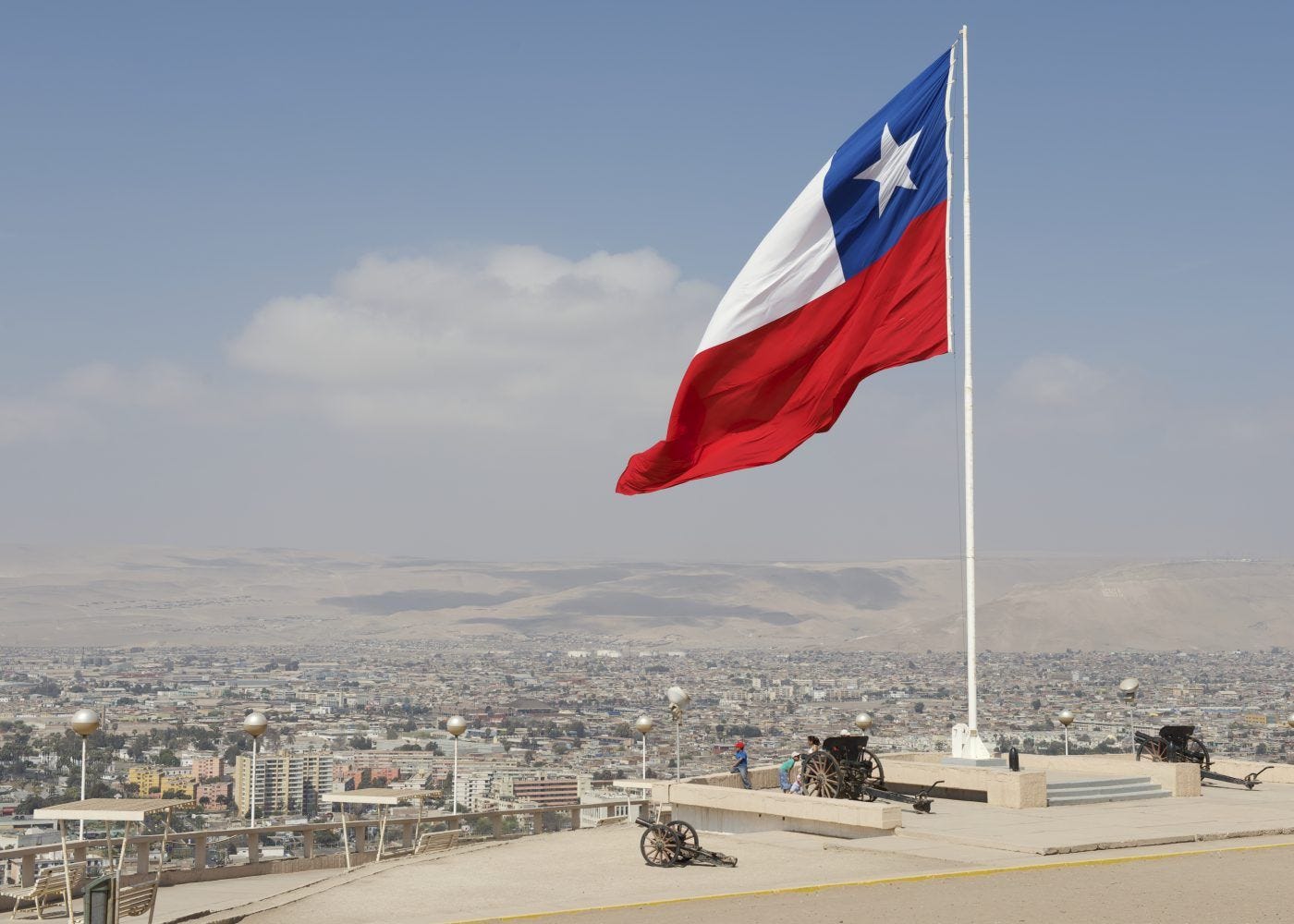


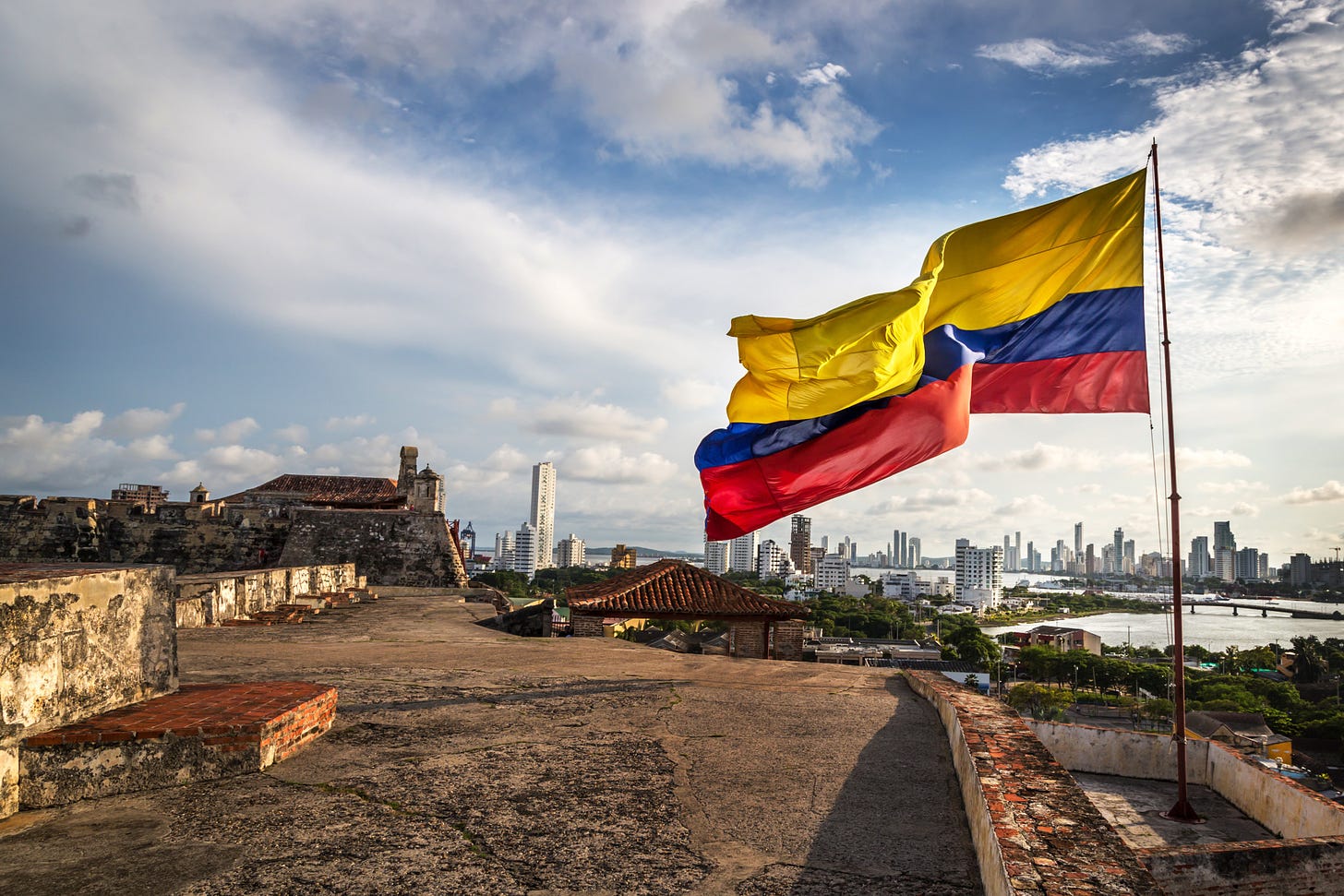


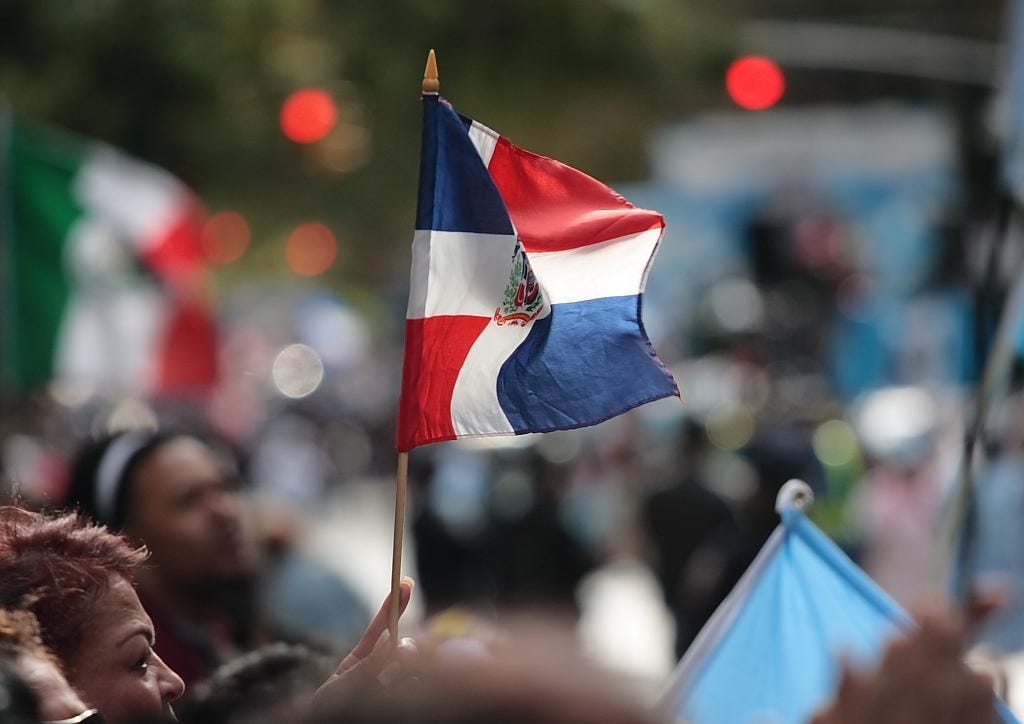
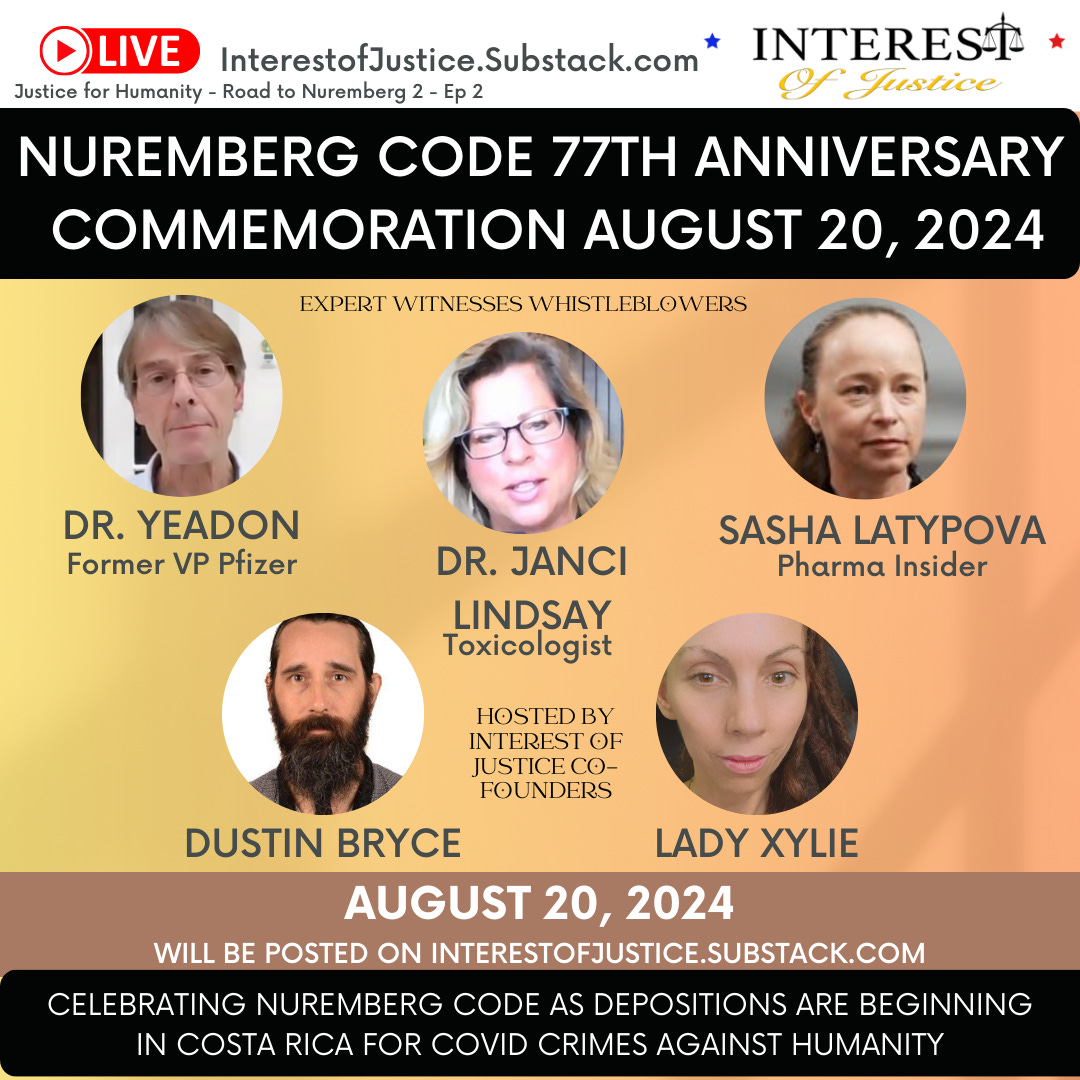
WE WILL NOT SWITCH OR COMPROMISE TO ANY EVILS UNITE WITH JESUS CHRIST OUR LORD
Hey can U get Dr Yeadon to think about his view on Ivermectin b4 going full scorched earth on it, it's causing factions in our United movement w/ WCH. If it effects fertility so much farmers wouldn't use it on breeding cattle. Has someone or something got to him or something?
I'll pray for his protection, but he's got to look into all facets of this accusation b4 throwing it out into a world that has taken this alternative onboard as part of a medical armament against wot we're dealing with the canal's gain-of-function synthetic viruses.
For me I'm past worrying about fertility but I take vitamins and herbals, still can't get a hold of Ivermectin in Aus w.o. questions on why I need it. I still touch wood, to this day, have not had any of their synthetic viruses, any strain. So I must be doing something right. I am in pain though something else I'm working on.